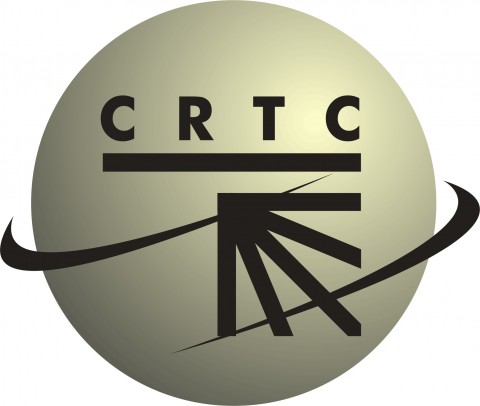
OTTAWA – In what it says is an effort to provide greater flexibility in the funding of Canadian programs, the CRTC has unveiled changes to its policy framework for Certified Independent Production Funds (CIPFs).
As part of the current funding system, the Commission mandates certain indirect financial contributions by BDUs to the creative sector through production funds, including the Canada Media Fund (CMF), which receives funding from both the mandated contributions of BDUs and the federal government. A number of independent production funds, known as CIPFs, have also been certified by the CRTC to receive funding from BDUs and tangible benefits packages, when the Commission approves changes in the ownership and effective control of television programming services.
The Commission said Thursday that he primary objective of this review is “to ensure that CIPFs contribute to the development of a robust Canadian production sector as it evolves in an increasingly multi-platform environment”. The decision and policy framework revisions are available here and the revised policy will be effective September 1, 2016.
Speaking on behalf of the country's independent producers, the Canadian Media Producers Association (CMPA) threw its support behind the CRTC’s "modernization" of the framework for CIPFs.
"The updated policy will allow producers more flexibility to innovate and develop diverse content for the full range of viewing platforms used by Canadian audiences today", it said in a statement Friday. "Our members also welcome the potential to access funding for development, promotion, and discovery, as this reflects the comprehensive role that producers play through the entire lifecycle of a project.”
But the Writers Guild of Canada described the revisions as "an attack on Canadian creators", taking particular issue with the decision to lower the Canadian certification points for CIPFs to fund a production.
“This is hugely disappointing,” said WGC executive director Maureen Parker, in a statement on Monday. “That the CRTC, a public authority charged with regulating Canadian broadcasting, would effectively denigrate Canadian showrunners and screenwriters and suggest our country’s creators cannot deliver international success is shocking. It’s also verifiably untrue.”



